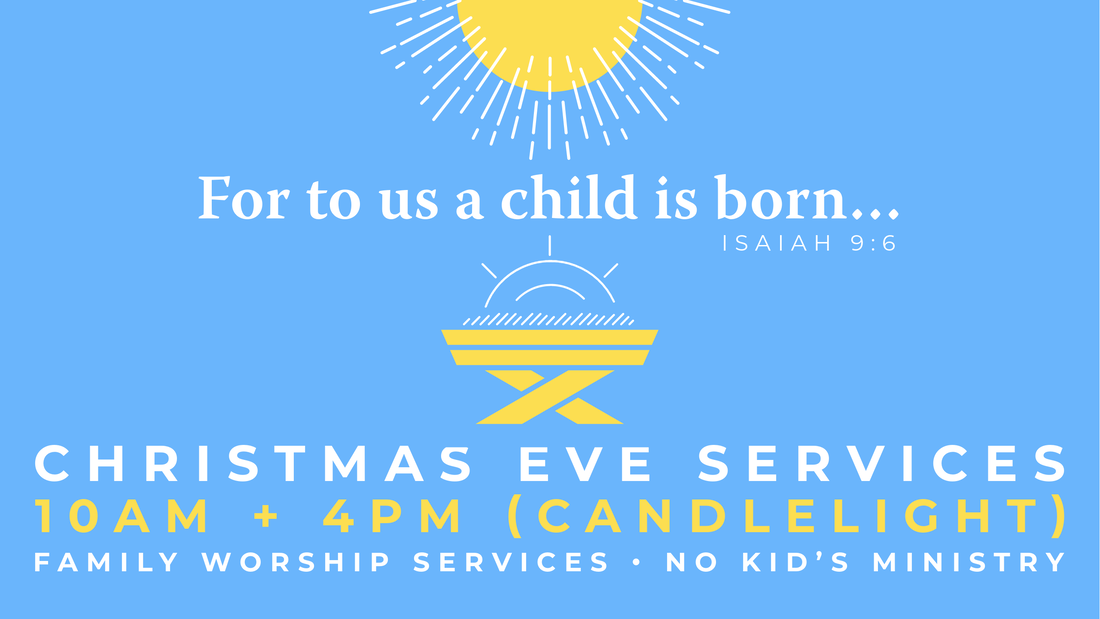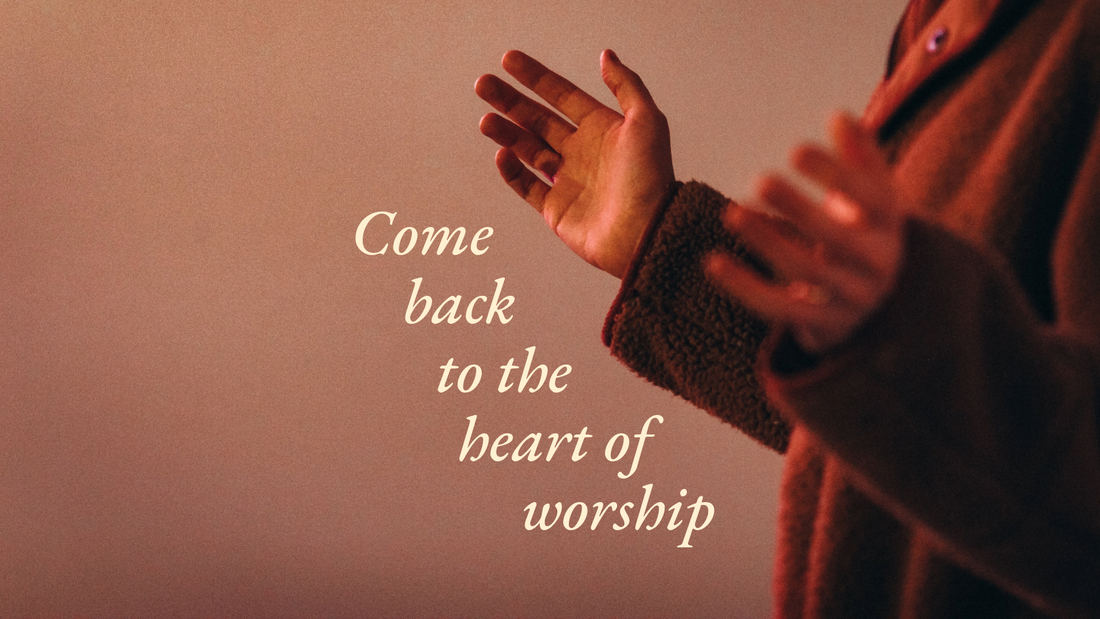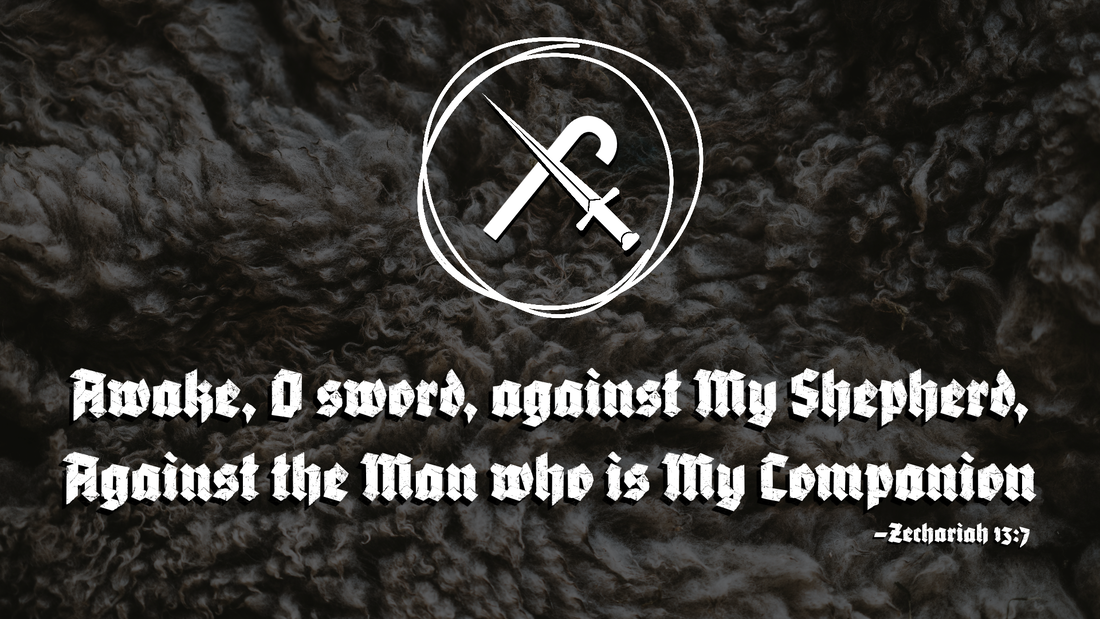Read the word.
Teach the word.
Preach the word.
- 1 Timothy 4:13
|
After Jesus was born in Bethlehem, a caravan of wise men followed a star to worship Him who had been born King of the Jews. But first, they met the tyrant-made-king of the Jews—Herod, a wicked and insecure despot who did not welcome any challenge to his Roman-appointed rule.
Despite the testimony of many, the miraculous prophecy, and a solid Bible study, Herod did not receive Jesus as King, but rejected Him and ultimately hunted Jesus down. As this drama unfolded, the wise men brought gifts of adoration and worship to Jesus, revealing His status as King of kings. Watch our study of Matthew 2:1-11 as we consider Herod’s response to Christ’s rightful claim to the throne and reflect on our reception or rejection of Christ as King. Join us on Christmas Eve at Refuge as we celebrate our Savior’s birth! We’ll have two opportunities to worship—our regular Sunday service time at 10am and an additional candlelight service at 4pm. Both services will be family worship services (no Kid’s Ministry offered)—we look forward to celebrating with everyone!
Read Ahead! We will be starting our study of the Gospel of Matthew on Christmas Eve. At our 10am service, we will be studying the first half of Matthew 1 and our our 4pm service, we will be looking at the 2nd half of Matthew 1. Read ahead & come ready to hear what the Lord has to say through His word! The people Malachi delivered God’s message to were weary from worshipping the Lord. They wondered what they would get out of bringing God their best. In their hearts, they pondered what the point of worship is when evil people prosper and the more they worship Him, the more difficult life would become.
Have you ever felt that way—like worship is a weariness because you don’t get anything out of it? If so, remember this important truth: Worship isn’t for you. Worship is for God. If you view worship as a means to an end, you will become disillusioned and disappointed. We do not give to receive. And we do not receive to give. We don’t worship God to get things from God. We worship God because He is worthy of our worship always—every day and in every way, no matter the circumstances of our life. Just like the people who heard Malachi’s message, God continually calls us back to the heart of worship and reminds us that it’s all about Him, not a half-hearted religious routine. It’s all about a real relationship with Him.
In the book of Malachi, God hoped His people would recognize their heart condition and respond in heartfelt repentance to His correction of their sin. But instead, they replied with defensive, dismissive, and disrespectful questions.
How did the people who heard Malachi’s message get this heart condition that would rather argue with God than admit their sin? And would they come back to the heart of worship at the end of Malachi’s message? Watch our study from Sunday as we carefully consider the final book of the Old Testament. God is the One who knows the end from the beginning. So He knows just how bad things will get as more labor pains take place. But God is also the One who gave His one and only Son to save us from sin, death, and the grave. Jesus helps us look beyond all of the labor pains, knowing that no matter how bad things get, our King is still coming.
Sometimes, God allows temporary difficulty to help us to think about eternity. God will do the same during the tribulation in a much more amplified way. During that time, God is going to allow the most amount of human physical suffering that He has ever allowed. He will do this in a final attempt to gain the attention of people so that they might loosen their stiff necks, turn towards Him, and receive eternal salvation. Think of it this way: You see your friend walking on a railroad track with a train approaching. They don’t hear the train coming, but you can see it’s just a matter of moments before they are struck. You want to run to them, but there’s a fence in the way. You attempt to get their attention, but they can’t hear you. Would you pick up a rock and throw it at your friend to risk a little bit of physical suffering to save their life? Of course, you would! The temporary physical suffering during the tribulation—as terrible as it may be—will be nothing compared to an eternity of suffering beyond human imagination. Do not wait for a temporary difficulty to make the most important decision of your life—turn to God today so that He can save you now!
A day is coming when God will say, “Enough is enough!” and a well-defined seven-year period will begin. This might sound like science fiction if the world hadn’t gone through what it has in the last generation.
Jesus gave us signs to look for—signposts that tell us we are getting closer to His return. He told us that these signs would be like labor pain—increasing with frequency and intensity. This past Sunday, we considered these labor pains as we finished our study in Zechariah. Watch our study of Zechariah 14 as we considered why and how God allows temporary difficulty to get us to see eternity.
There are things that are technically legal and even culturally permissible, but not necessarily beneficial or helpful. The Apostle Paul wanted believers to know that God's way is the best way to live. We considered how to stay on guard from being cheated in our study of 1 Corinthians 7:1-9.
“Awake, O sword, against My Shepherd,
Against the Man who is My Companion,” Says the Lord of hosts. –Zechariah 13:7 When Adam and Eve were exiled from Eden, a flaming sword guarded the garden (see Genesis 3:24). Ablaze with the jealous wrath and judgment of God, it would consume anyone who would sinfully approach the tree of life to receive eternal life in their sinful state. God would not have that, so He set a plan in motion a plan that included extinguishing that flaming sword of judgment in the soul of His one and only Son, The Shepherd. It was the Lord’s will to make The Shepherd’s life, body, and soul an offering for our sin. This opened the fountain to us (see Zechariah 13:1). The Good Shepherd took the sword of the Lord for us and for our sin. A fountain was opened to cleanse the sin and uncleanness of those who return to Him in repentance. We’ll sing of the Shepherd that died, That died for the sake of the flock; His love to the utmost was tried, But firmly endured as a rock. When blood from a victim must flow, This shepherd by pity was led To stand between us and the foe, And willingly died in our stead. Our song, then, forever shall be Of the Shepherd who gave Himself thus; No subject’s so glorious as He, No theme so affecting to us. –Thomas Kelly (“We'll sing of the Shepherd that died”)
“In that day…” This phrase is repeated 17 times in the last three chapters of Zechariah. The day it refers to is The Day of The Lord—otherwise known as the time of Jacob’s trouble, the seventieth week of Daniel, the day of wrath (just to name a few).
It’s a distinct, specific, and well-defined seven year period in the future where God will pour out His wrath on a Christ-rejecting world in a final, merciful effort to provide incentive and opportunity for repentance, dealing specifically with the nation of Israel. “In that day,” a number of things are going to happen, many of which are outlined for us in the last three chapters of the book of Zechariah. Watch our study from Sunday as we begin to consider the events of that time as described in Zechariah 13. |
From Pastor Dom...When I first gave my life to Jesus, there were friends in my life who helped me to grow in my understanding of God, through His word, and for those friends Archives
July 2024
Categories
All
|
Strengthened by grace is the Bible Teaching ministry of Pastor Dominic Dinger.©2022 - All rights reserved.
|




 RSS Feed
RSS Feed